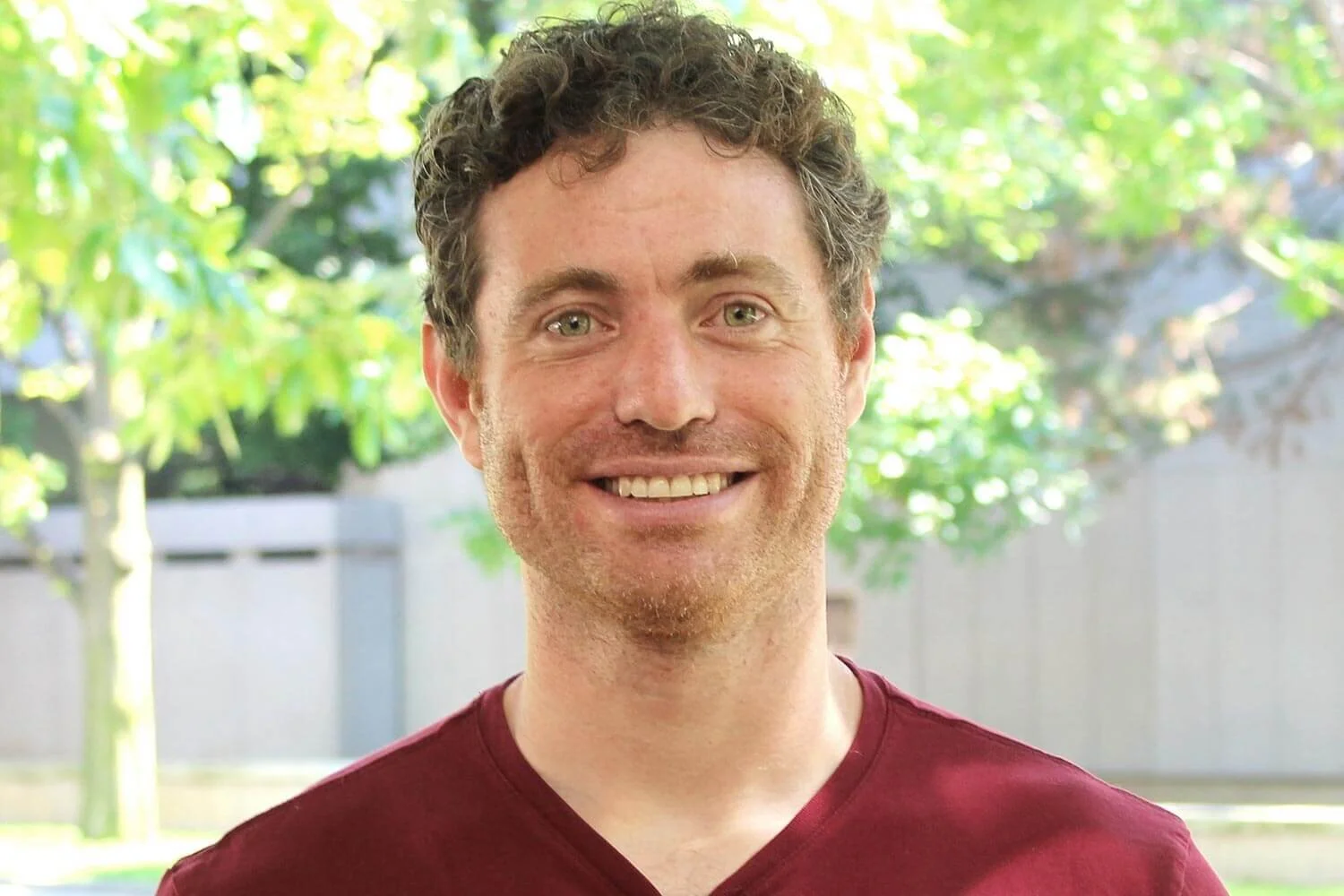David Levin
Working at the intersection of geometry, physics and design, Assistant Professor David Levin helps algorithms better understand the behaviour of the physical world.
The new simulation techniques that emerge from his research allow artists, engineers and scientists to study and create — everything from animations to machines.
In recognition of his contributions to graphics, Levin has been awarded the 2021 CHCCS/SCDHM Graphics Interface Early Career Researcher Award.
Levin is a member of U of T’s Dynamic Graphics Project (DGP) research group and holds a Canada Research Chair in Simulation Driven Graphics and Fabrication.
Levin’s research attempts to solve problems that arise when trying to computationally reproduce real-world, dynamic phenomena. This includes creating new models of physical processes, producing efficient and accurate algorithms to implement those models, and ultimately, design applications in the domains of computer graphics and computational fabrication.
His research has extended beyond academia, improving graphics simulation in a variety of applications. Levin’s biomechanical simulation research has been implemented in Academy Award-winning tissue simulation software, and his research on Fast Winding Number computation has been implemented in the Unreal Engine, which powers popular games like Fortnite.
As DGP’s lab director from 2017 to 2020, Levin created a student-run initiative focused on mental health and wellness. He also is founder of TOMOGRAPH (the TOronto and MOntreal area GRAPHics workshop), which brings together graphics researchers in central Canada.


